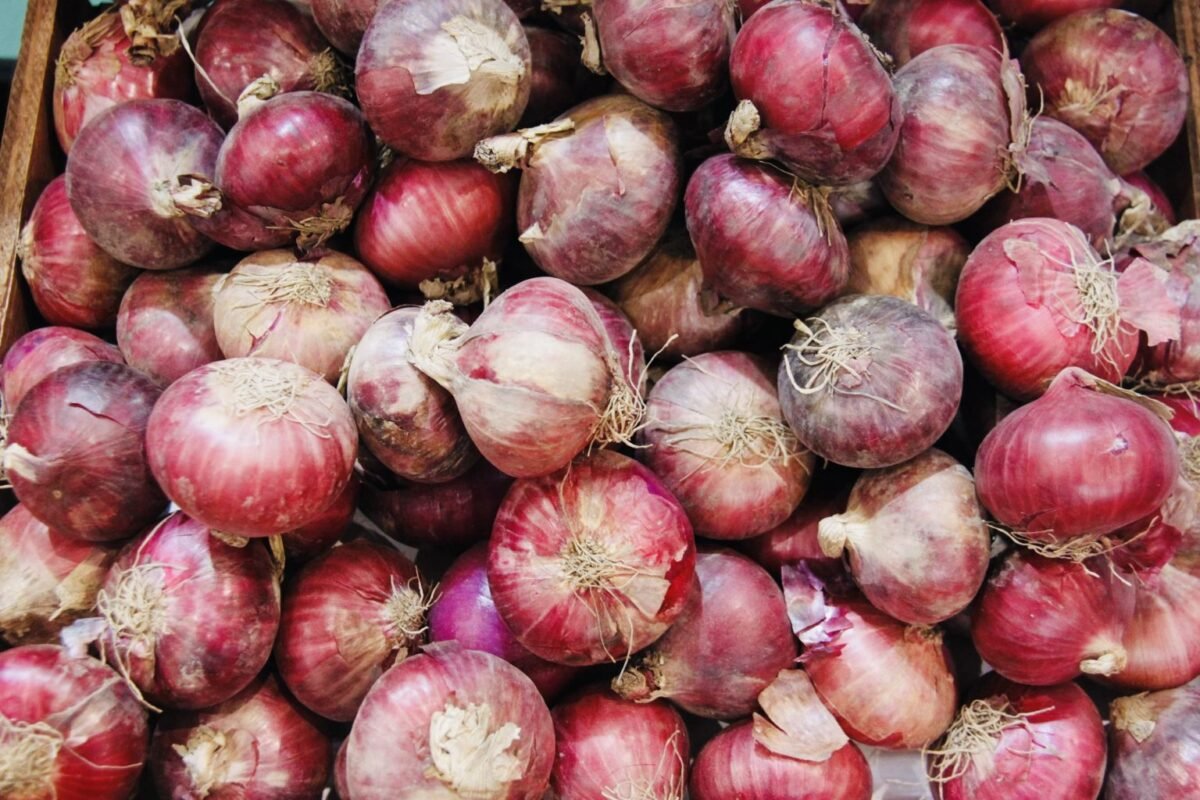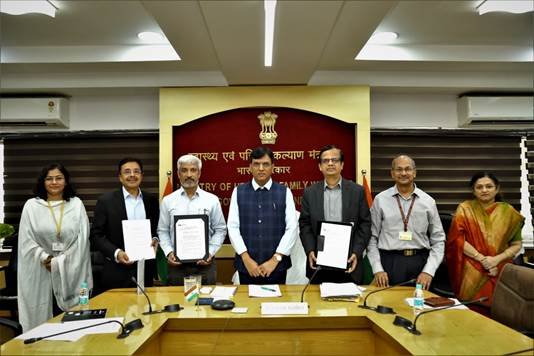Despite adverse conditions, sales activities continue to grow across US Pacific Coast
Bee Vectoring Technologies International has announced positive progress in 2022 sales commitments from US growers. In just seven months into the fiscal year, the company has invoiced growers in the Southeast region and secured commitments in the Northeast, Midwest, and Pacific Northwest – already increasing total sales year-over-year by 18 per cent.
“We’ve already increased sales year-over-year and are committed to growing them even further before each region’s blooming period,” said Ian Collinson, Sales Manager, BVT. “This includes activity for additional acres that our Pacific Coast sales team is working aggressively to secure. This region is responsible for the production of one-third of all blueberries grown in the US and we are in active discussions with some of the USA’s largest berry growers. This, in the long run, represents a bigger opportunity for us compared to the Southeast.”
These positive results have been accomplished despite a very difficult farming environment in most regions. Volatile supply costs have seen fertiliser prices double over last year in several cases, and prices of fuel and other chemical products necessary to run farming operations have increased by up to 40 per cent.
“Farmers are being squeezed harder than ever and they have had to make tough choices on which products to invest in to help their crops thrive this year,” said Ashish Malik, CEO, BVT. “Already achieving year-over-year sales increases for BVT, with several months still to go, is a testament to the strength and efficacy of our natural precision agriculture system and proprietary Clonostachys rosea CR-7 (CR-7) biological fungicide.”
Furthermore, in Georgia, the company’s largest market last year, growers faced severe weather and hard freezes during the blueberry bloom period and this has had an impact on BVT sales as several growers have unfortunately experienced a partial or complete crop loss.
Despite adverse conditions, sales activities continue to




